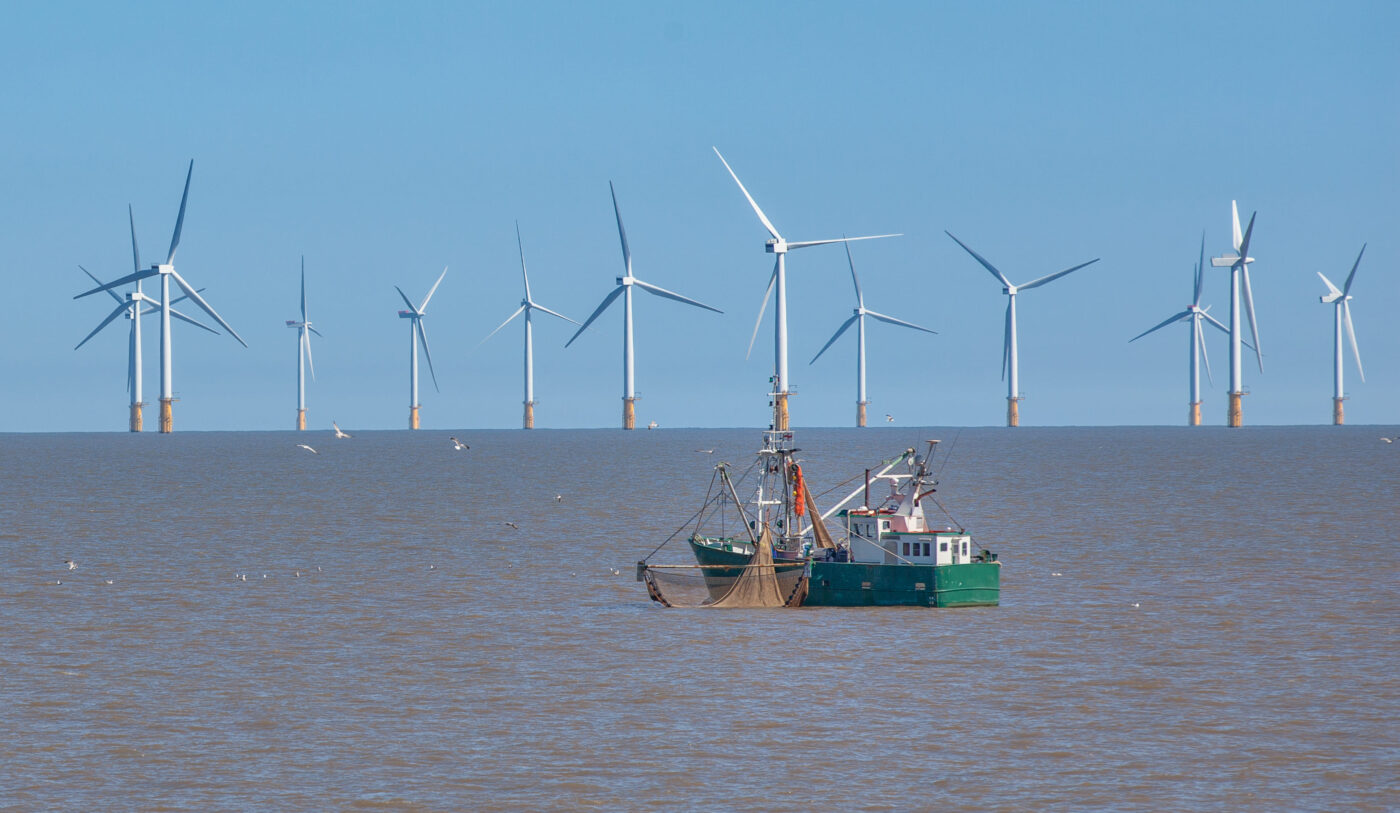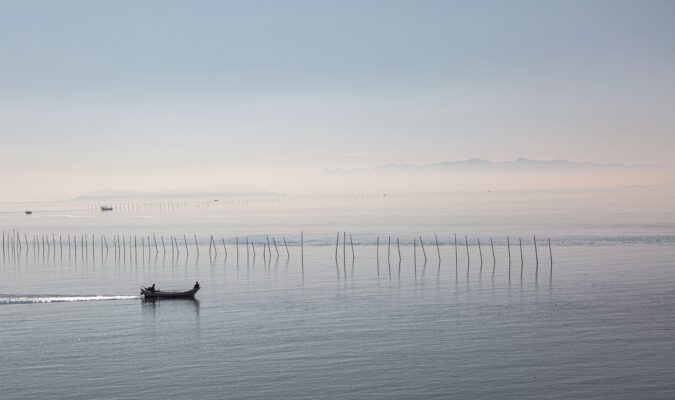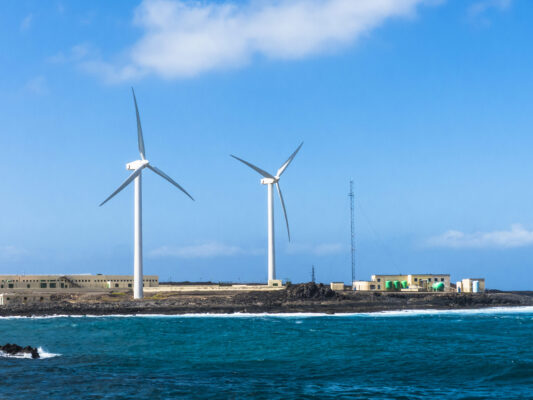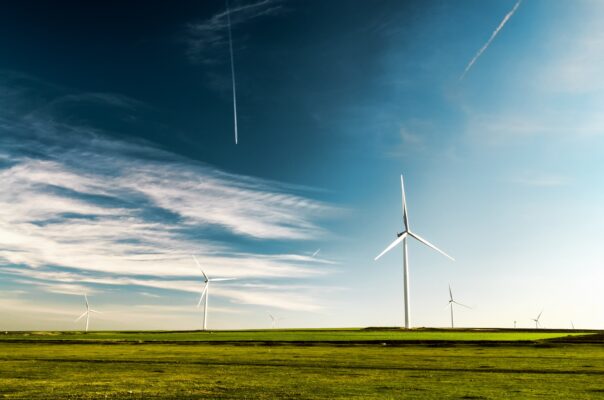Last year, Freja Offshore, leading the initiative, submitted a planning application for a 2.5 GW floating wind farm under the Swedish Economic Zone Act (SEZ). Lysekil Municipality, the research institute DHI and the Norwegian Blue Maritime Cluster are also part of the joint effort to develop sustainable fish farming practices in the Mareld offshore wind farm area.
Freja Offshore’s research suggests that offshore wind farms can serve a dual purpose by acting as artificial reefs and marine protected areas, thereby increasing local fish and shellfish populations. The proposed fish farms at Mareld would be strategically placed between the wind turbine foundations and equipped with a robust mooring system. These farms could be lowered to depths of 50-70 meters and raised for maintenance and harvesting, providing a new model for sustainable open-water fish farming.
Subfarm brings its expertise in developing technologies that enable sustainable fish farming in the harsh conditions of the North Sea. Based on methods long used in the oil and gas industry, Subfarm’s technology is designed to withstand the harsh weather of the North Sea, with operations controlled remotely from a land-based station.
As well as contributing to Sweden’s renewable energy targets, the project opens new avenues for sustainable aquaculture and demonstrates a forward-thinking approach to the use of marine resources.



